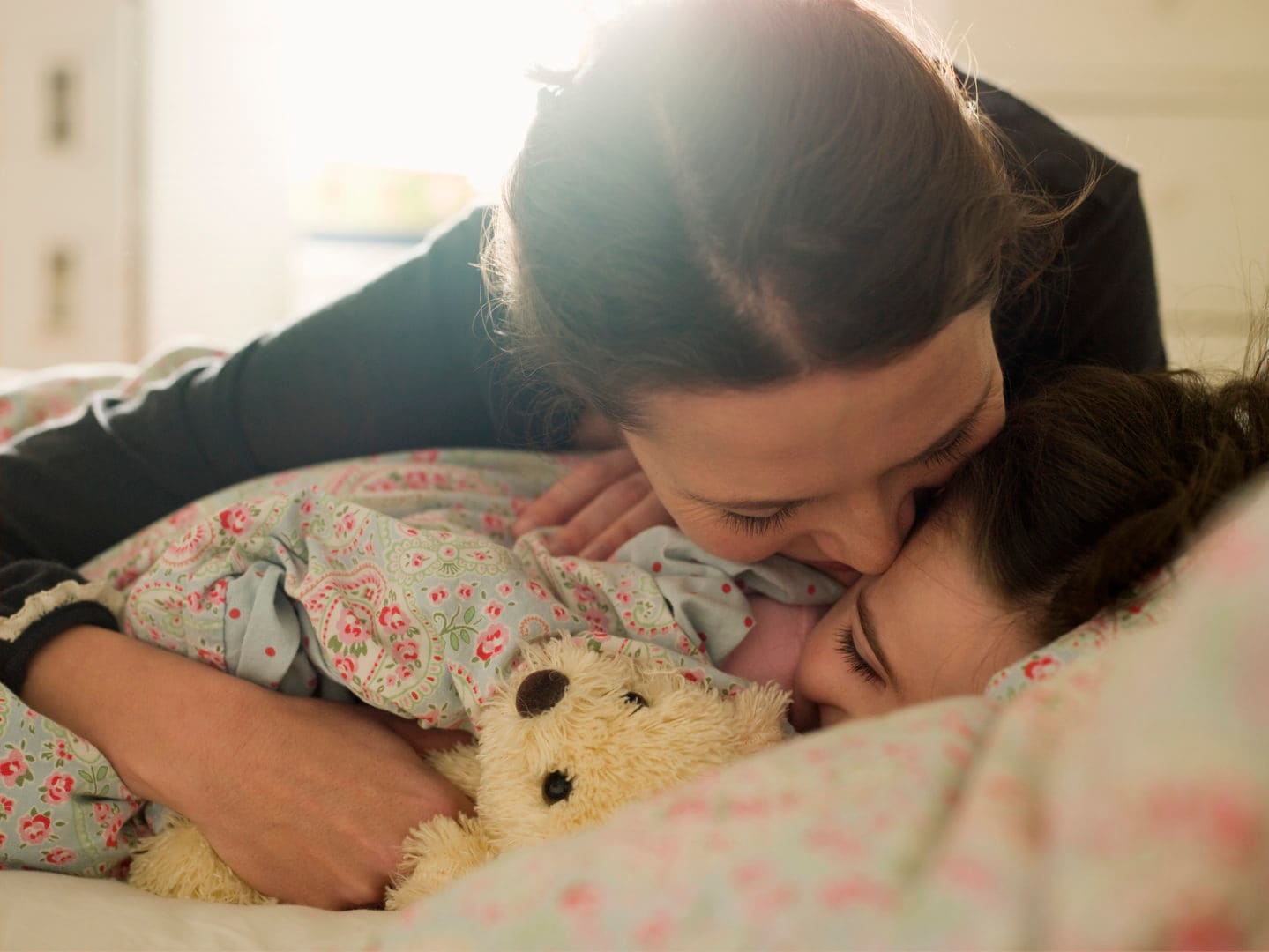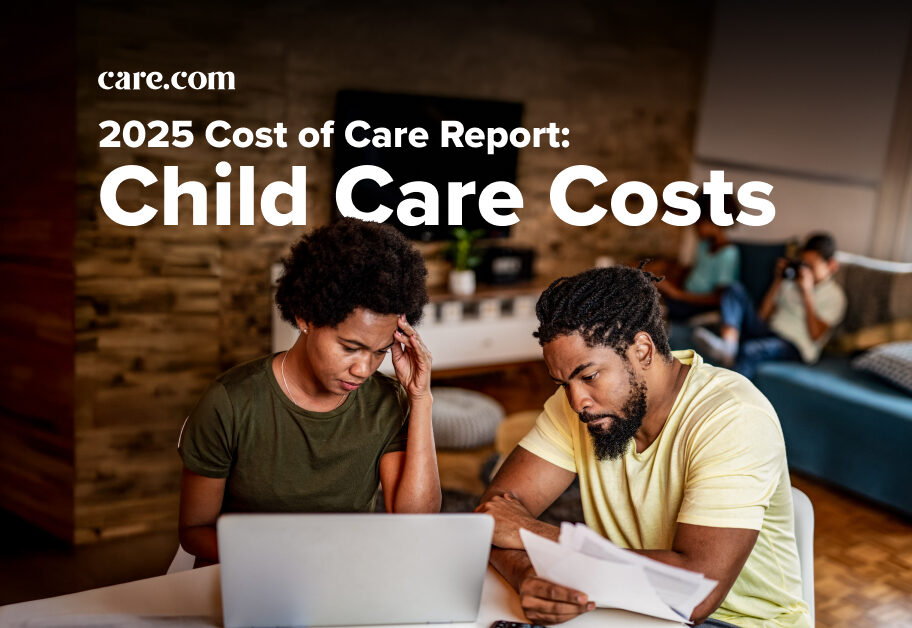The COVID-19 pandemic has been going on for over a year, but lately there are signs that the U.S. may be on the road to recovery. New cases of this virus are declining, people are being vaccinated and there’s hope that life may feel closer to normal in the months to come. That’s a relief for everyone, but many are also feeling anxious about what post-pandemic life will look like. Mom and CEO Emily Ramshaw feels the same way, and she recently went viral for a series of honest and vulnerable tweets that capture the complex feelings so many parents and caregivers have.
“Suddenly, today, I panicked about life inching back toward ‘normal,’” Ramshaw writes. “I don’t want to travel endlessly for work. I don’t want my weekends to be over-committed with activities. I don’t want to miss bedtime with my kid. I don’t want to wear blazers — or, hell, even shoes.”
Suddenly, today, I panicked about life inching back toward “normal.”
I don’t want to travel endlessly for work. I don’t want my weekends to be over-committed with activities. I don’t want to miss bedtime with my kid. I don’t want to wear blazers — or, hell, even shoes.
— Emily Ramshaw (@eramshaw) March 6, 2021
The pandemic certainly did not make life easier. Suddenly kids were home from school and day care, work for many people moved entirely online, and teachers and essential workers found themselves clocking long hours and often putting themselves at risk in order to do their jobs. It’s been a crisis in every sense of the word, and it’s forced many people to re-evaluate their values, schedules and commitments.
Ramshaw’s words have resonated with other parents, caregivers and workers who are struggling to figure out what a more balanced future looks like. One mom says her pre-pandemic schedule involved a 5 a.m. wake-up, three hours of commuting time and barely seeing her kids each day. “I don’t want to go back to ‘normal,’” she writes. “I want a happy medium.”
My pre-pandemic life:
Wake at 5 am
School drop off
1-1.5 hrs in traffic to work
1-1.5 hrs in traffic home
Walk dog
Make dinner
Clean up from dinner
Pack lunches, get things ready for a.m.
1 hr of downtime
Bed
Repeat
I don’t want to go back to “normal”. I want a happy medium— Jessica (@jessicai917) March 6, 2021
Others say the pandemic has been a wake-up call about the lack of work-life balance and support for many Americans, and they hope employers and leaders take note. “I think realizing that we were living far beyond our natural capacity for… everything… is a good thing,” another person adds. “And we can choose to do things differently. I imagine many employers will need to contend with these evolving needs of their workforce.”
Same. I think realizing that we were living far beyond our natural capacity for… everything… is a good thing. And we can choose to do things differently. I imagine many employers will need to contend with these evolving needs of their work force.
— Dr. Danna Young🇺🇸✌🏻 (@dannagal) March 6, 2021
Of course, not everyone has had the privilege of scaling back at work or getting to ride out the pandemic from the safety of their homes. Teachers, healthcare workers and other essential workers have all been pushed to the brink by the new demands of pandemic life. One person in the medical field writes, “As a healthcare worker, I long for the pre-pandemic days. I want an entire two days off, and I long for not just a weekend without crises days but for one whole weekend that I can have off. One entire weekend without an issue, one entire weekend where I can actually sleep.”
As a healthcare worker, I long for the pre-pandemic days. I want an entire two days off and I long for not just a weekend without crises days, but for one whole weekend that I can have off. One entire weekend without an issue, one entire weekend where I can actually sleep.
— JMC Votes 💉🌻 Boomer Sooner (@Okie_Resister) March 6, 2021
The pandemic has brought illness and loss, financial hardship, mental health struggles and so many new day-to-day challenges. It’s also exposed inequalities and systemic issues within American working culture. It’s clearer than ever that parents need access to affordable day care, teachers and child care workers need fair compensation and many caregivers could benefit from continued flexibility to work remotely and create their own schedules when needed.
We are all ready for this exhausting, traumatic experience to be over, but Ramshaw hopes the many issues that have been exposed during the pandemic don’t get swept under the rug. “This year has been heartbreaking, depressing [and] paralyzing in almost every way,” Ramshaw writes. “I pray the lessons we take from it — about sickness and health, about equity and disparities, about how we live and how we work — are lasting.”






